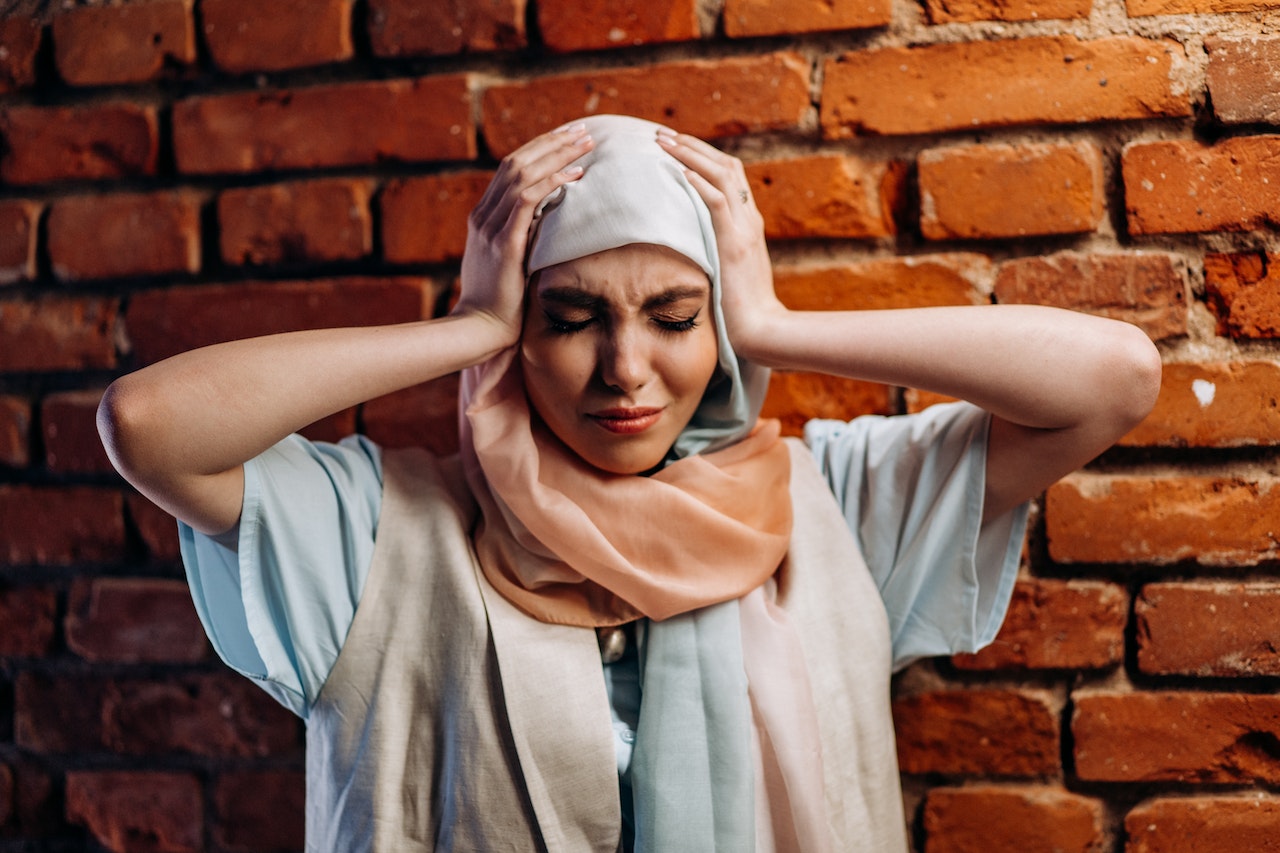Racial Battle Fatigue: What is Racial Trauma and Its Effects on Mental Health?

By Lauren Krouse
If you feel anxious, depressed, or overwhelmed with the current state of the world, you are not alone and you deserve support. Microaggressions, news of another hate crime, another video of police brutality circulating on social media—all of these are examples of stressors that can resurface and trigger racial trauma.
What Is Racial Trauma?
“Racial trauma,” sometimes called “racial battle fatigue,” is the phrase we use to describe how racist incidents, racism, and racial discrimination can build up in your life and cause serious emotional and mental injuries.
Types of Racial Trauma
Racial trauma can take on many forms, including:
- Racial trauma related to a single event. These experiences—such as racist assaults, hate crimes, or sexual violence—are examples of trauma as therapists typically define it, meaning you experience or witness a terrifying event during which your safety is seriously threatened or your life is in danger (or you feel that it is).
- Vicarious trauma. Also known as secondary trauma, this can also happen when you’re present for or see or hear about horrifying events, such as videos of racial violence, targeted mass shootings, or reports of discrimination against your community.
- Intergenerational or historical trauma. This form of racial trauma can cause psychological wounds that build up and get passed down from generation to generation, such as your parents’, grandparents’, and ancestors’ struggles with slavery, genocide, oppression, or racist laws and policies. It’s often used to refer to the experiences of Jewish people whose relatives survived the Holocaust and Native and African American communities, among others.
- Chronic stress related to racism. Race-based traumatic stress also includes experiences that are ongoing and can become harder to cope with as the burden grows, such as being bullied, stereotyped, or discriminated against due to racism; struggling or feeling pressured to get ahead in life because you have less wealth, privilege, support, and access to resources than other people due to racist laws and policies; or being more likely to be arrested and imprisoned due to racist policing and sentencing practices.
How Can Racial Trauma Impact You?
Racial trauma hurts, and the wounds can run deep—especially if you don’t get the support and validation you need to cope with how racial realities impact your life and well-being. You may find yourself struggling with stress, anxiety, or depression, as well as mental and physical health problems.
You may experience:
- Upsetting thoughts
- Recurring nightmares
- Wanting to avoid other people or certain places or situations
- Feeling like things that are out of your control are your fault
- Feeling like you always have to be alert or on guard (hypervigilance)
- Trouble sleeping
- Self-destructive behaviors
- Problems with alcohol or drugs
- Chronic pain
- High blood pressure or heart disease
- Stomach or digestive issues
In some cases, racial trauma can also lead to post-traumatic stress disorder (PTSD).
Learn how to cope with racial trauma and take care of yourself.
Learn More About Racial Trauma and Your Mental Health
- How Black Youth Can Take Care of Their Mental Health After Racial Violence
- How You Can Cope With Racism and Racial Trauma
- How Exploring Your Black Identity Can Improve Your Mental Health
- Ways to Begin Exploring Your Racial Identity
- Celebrating Your Black Identity Is Self-Care
- How to Break Free of the ‘Strong Black Woman’ Stereotype
- Using Humor As a Healthy Coping Mechanism
- How to Support Social Justice Without Hurting Your Mental Health
- The Benefits of a Therapist Who Understands Your Cultural Background
- How to Find a Culturally Competent Therapist
- How Knowing Your Identity Can Help When You’re Faced With Discrimination
- Racial Battle Fatigue: What is Racial Trauma and Its Effects on Mental Health?
- Getting Mental Health Support in Black Families






